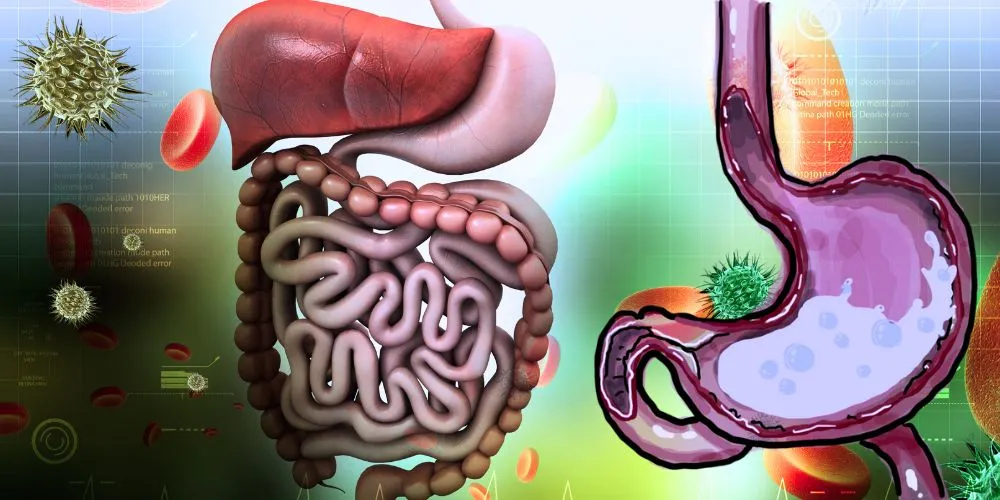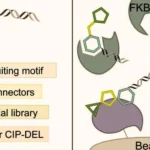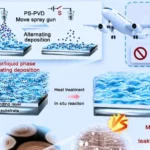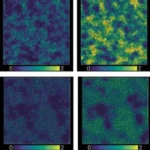Key Points:
- Researchers identify naturally occurring compounds in the gut that can reduce inflammation and other symptoms of digestive issues.
- The compounds, found as by-products of gut bacteria, bind to the constitutive androstane receptor (CAR) and regulate its function.
- Two compounds, diindolylmethane (DIM) and diindolylethane (DIE), were discovered to effectively regulate CAR in mice without causing side effects.
- This research opens new avenues for developing targeted therapies for diabetes, fatty liver disease, and small intestine ulcerative colitis.
Researchers at the University of Toronto have made a significant discovery regarding naturally occurring compounds in the gut that could revolutionize the treatment of digestive issues. These compounds, found as by-products of bacteria in the gut microbiome, can potentially reduce inflammation and other symptoms associated with gastrointestinal problems.
The study, led by Jiabao Liu and Henry Krause from U of T’s Donnelly Centre for Cellular and Biomolecular Research, focused on identifying microbial by-products that can bind to an important nuclear receptor known as the constitutive androstane receptor (CAR). CAR plays a critical role in regulating the breakdown and removal of foreign substances in the liver and intestinal inflammation.
Through an unbiased screen of small molecules across the human gut microbiome, the researchers identified compounds that act similarly to artificial regulators of CAR but without causing over-activation or unintended side effects. Two compounds discovered, diindolylmethane (DIM) and diindolylethane (DIE), effectively regulate CAR in human and mouse liver cells.
A notable aspect of this discovery is that neither DIM nor DIE produced side effects such as liver enlargement in mice, making them promising candidates for further research and potential drug development. Additionally, while DIM was previously identified by sampling the human gut, DIE was detected for the first time in the human microbiome through this study.
The findings offer new avenues for studying CAR function and regulation in mice. These compounds could potentially be used to treat various diseases, including diabetes, fatty liver disease, and small intestine ulcerative colitis. With further research and development, these natural compounds could provide safer and more effective treatments for gastrointestinal disorders.
The study, published in the journal Nature Communications, was supported by several funding agencies, including the Agence Nationale de la Recherche, the American Cancer Society, the Natural Sciences and Engineering Research Council of Canada, the Canadian Institutes of Health Research, the National Institutes of Health, and the New Frontiers in Research Fund.












